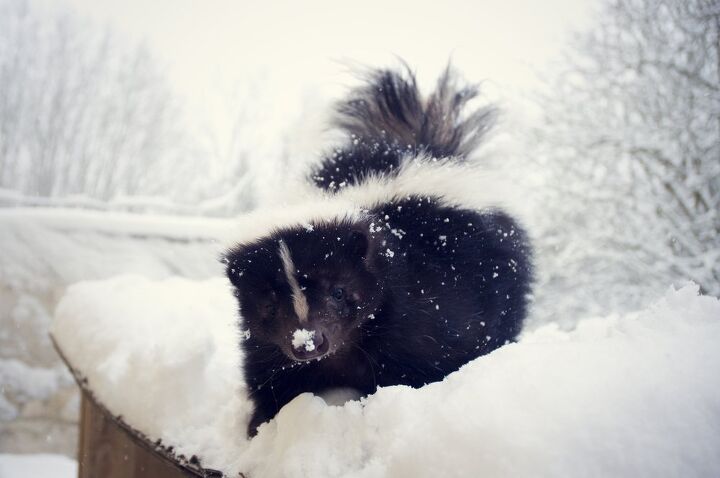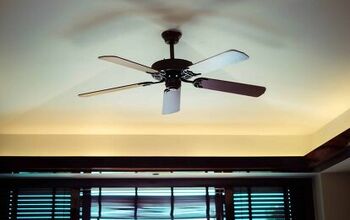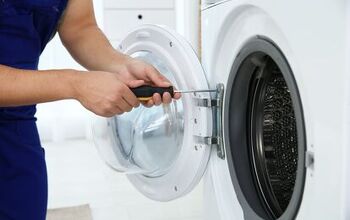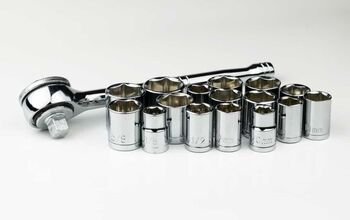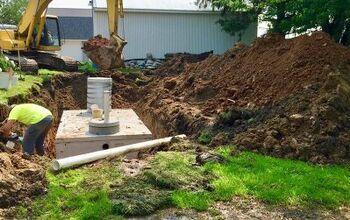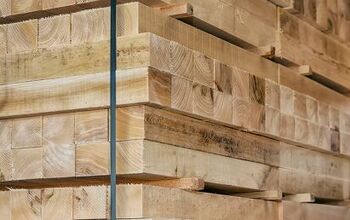House Smells Like Skunk In The Winter? (Possible Causes & Fixes)

What looks like a skunk, smells like a skunk, and makes your house smell like a skunk? The answer seems pretty simple…or does it?
Most regions of the country are blessed by these stinky, albeit adorable, little guys. In the winter, though, you’d think it would be less common to see them—and smell them! And you’d be right. But that doesn’t mean they disappear entirely.
If your house smells like skunk in the winter, it may be that a skunk—or a family of skunks—has hibernated in the vicinity of your home. They’ll need to be professionally removed. If you’re certain an actual skunk is not causing the smell, then it’s possible you may be experiencing a gas leak. This, too, is another job for a professional.
Do You Need Mold Inspectors and Testing Services?
Get free, zero-commitment quotes from pro contractors near you.

The Winter Life of a Skunk
Like many animals, skunks make themselves scarce during the winter. Unlike many animals, they don’t enter full hibernation. Instead, they enter a state called torpor. This is a deep sleep that they wake from occasionally, which means they aren’t totally inactive during the winter months.
Skunks den communally in order to keep warm. And while they’re capable of digging their own dens, they would much rather use one that’s already been created. This may lead them to the space beneath your porch. You may also find them hunkering down under steps, decks, sheds, or floating additions.
Skunk Removal
If you believe a community of skunks has made their den near your house, they’ll need to be professionally removed. Believe it or not, there are companies out there that specialize in that sort of thing.
If you encounter a skunk, you must NEVER provoke it. They give many warnings before spraying which include the following signs:
- Hissing
- Stamping their feet
- Forward charging
- Raising their tail
The most common warning sign is when the skunk turns its behind toward what they perceive to be a threat. At that point, it’s best to retreat and call a professional skunk removal company immediately.
How to Get Rid of Skunk Smell
The old myth of tomato juice won’t work here. More likely, it’ll just mask the smell. Even if you or your pet hasn’t been sprayed, the skunk scent can still make its way into your home. There are steps you can take to remove the smell whether you’ve been sprayed or not. Check this out if your house smells like skunk but there’s no skunks nearby.
If Sprayed
1. Open all the windows and turn on the fans.
It’s important to begin ventilating the house immediately as this is the most effective way to get rid of the smell. Fans will assist in moving the inside air out so fresh air can enter.
2. Wash yourself and/or your pet.
This should be done ASAP. Be sure to use a deodorizing soap or a grease-cutting dish detergent to wash your body as well as lots of shampoo in your hair. Additionally, you can pour 4 cups of baking soda into hot bath water and soak in a tub for 15-20 minutes. Make sure you rinse thoroughly.
If your pet was sprayed, make a DIY solution to lather on them. Use 1 quart 3% hydrogen peroxide, 1 teaspoon grease-cutting dish detergent, and ¼ cup of baking soda. Let it sit for no longer than 5 minutes as it can begin to lighten their fur. Rinse them thoroughly with their normal shampoo. You can repeat the steps until the smell is gone.
3. Wash any affected clothes or fabrics.
Fabric can hold a skunk smell for a very long time. If any fabric was heavily sprayed, you may want to just toss it. Otherwise, you can soak the clothes in a bathtub of hot water and baking soda. Then, wash it at a high temperature with anti-bacterial detergent. You’ll want to air them dry because using the dryer can set the smell into the fabric. Repeat this process until the smell is gone.
For any fabrics that cannot be hand- or machine-washed, like a carpet, you can scrub them down with a baking soda solution.
Removing Skunk Smell from House
In addition to venting the house, the following steps should be taken whether or not you have been sprayed.
1. Wipe down surfaces.
You can disinfect and deodorize hard surfaces using one part household bleach to nine parts water. Test a small area first to make sure the color isn’t lifted from ceramic or wood. This same ratio can be used with distilled white vinegar replacing the bleach.
2. Place bowls of vinegar or baking soda in each room.
Vinegar and baking soda are natural deodorizers. Placing a bowl of either in each room will absorb any odors, skunk included. It may take a day or two for the odor to clear.
An air purifier is also effective at removing odors and can be used in combination with baking soda or vinegar.
3. Change out your filters.
In order to keep the smell out, you can change the filters in your air conditioner, furnace, and heaters. This will ensure that any odors clinging to the old filters will not come back into the house.
Not a Skunk—What Could It Be?
It’s possible that the skunk smell isn’t actually coming from skunks. If you’re certain there are no skunks nearby, then you may have a bigger problem.
It could be a gas leak.
Natural gas is odorless. However, gas companies inject a chemical called mercaptan into residential gas in order to make it easier to detect a problem. It can smell like rotten eggs or skunk. If you believe there’s a gas leak in your house, it’s important that you leave immediately and call the fire department.
Natural Gas Safety in Winter
Natural gas furnaces see the most use during the winter. You can prevent a gas leak by performing safe practices. Just before you turn your heater on for the season, have your heating company or another trusted HVAC business inspect all heating and venting equipment.
Keeping exhaust vents and gas meters clear of snow and ice is another safety practice. A blocked exhaust vent can cause a build-up of carbon monoxide, which could be fatal. It could also cause the equipment to malfunction.
Related Questions
Check out these other questions people had about skunks smells.
How long will skunk smell last in my house?If left untreated, the smell can linger anywhere from 2-3 weeks. The longer you wait to deal with the smell the harder it will be to get rid of it. So, the best practice would be to follow the above steps immediately in order to get that odor out.
Why does my bathroom smell like skunk?The reason is similar to having a gas leak. If there’s a skunky smell in your bathroom, it’s most likely due to a dry p trap (the u-shaped pipe under bathtubs and sinks). Most p traps have a bit of water in them, which creates a barrier from sewer gas or gas from your septic tank.
That type of gas is called hydrogen sulfide and it comes with a sulfur or skunky smell. If a bathroom is used less often, the water will evaporate and the gas can filter into your home.
To combat this, simply run the water in all your sinks, tubs, and showers every few months so there’s always water in the p traps.
Does boiling vinegar get rid of skunk smell?Yes! Rather than placing bowls of vinegar in each room, you can also boil it on the stove as a way to remove the odor from the entire house.
For this method, you want to seal off your house the best you can. Close all windows and turn off the fans. In a saucepan, bring vinegar to a light boil. Then, reduce to a simmer for 2 hours or until there’s only ¼ of liquid left. Resume ventilation by opening the windows and turning on fans. The vinegar smell will dissipate after 2-3 hours at which time the skunk odor should be gone. The house may continue to smell like vinegar for several days.
Do You Need Mold Inspectors and Testing Services?
Get free, zero-commitment quotes from pro contractors near you.

Summing It Up
We sure learned a lot about skunks in this article. They may look cute, but skunks give off possibly one of the worst smells in the history of smells. It’s quite the defense mechanism, huh? For as cute as they are, they seem pretty lazy. I mean, using the recesses of your porch as a den? Go build your own, man! But remember, if you have a community of skunks residing near your house in the winter, don’t provoke them. Let the professionals handle their removal.
If there are absolutely no skunks in your area but you still smell them, get out of your house and call the fire department to check for a gas leak.
In either scenario, a professional is required to handle the situation. Only after the source of the skunk smell is determined can you take steps to get rid of it. Find out what you can do if your house smells like skunk but there’s no skunks nearby.

We are a team of passionate homeowners, home improvement pros, and DIY enthusiasts who enjoy sharing home improvement, housekeeping, decorating, and more with other homeowners! Whether you're looking for a step-by-step guide on fixing an appliance or the cost of installing a fence, we've here to help.
More by Upgraded Home Team



